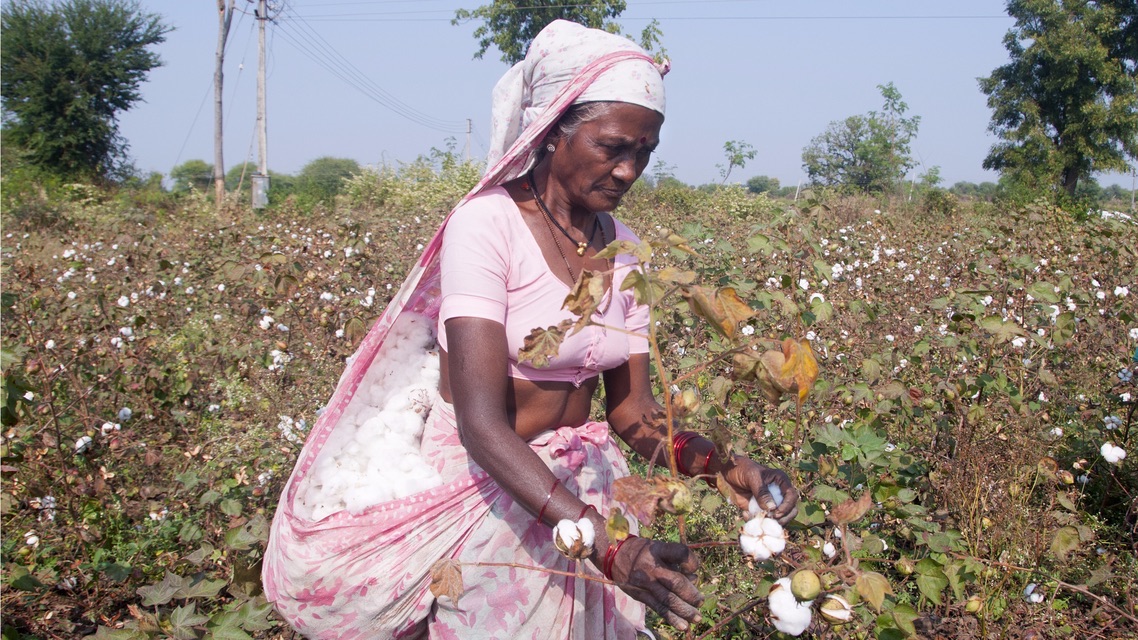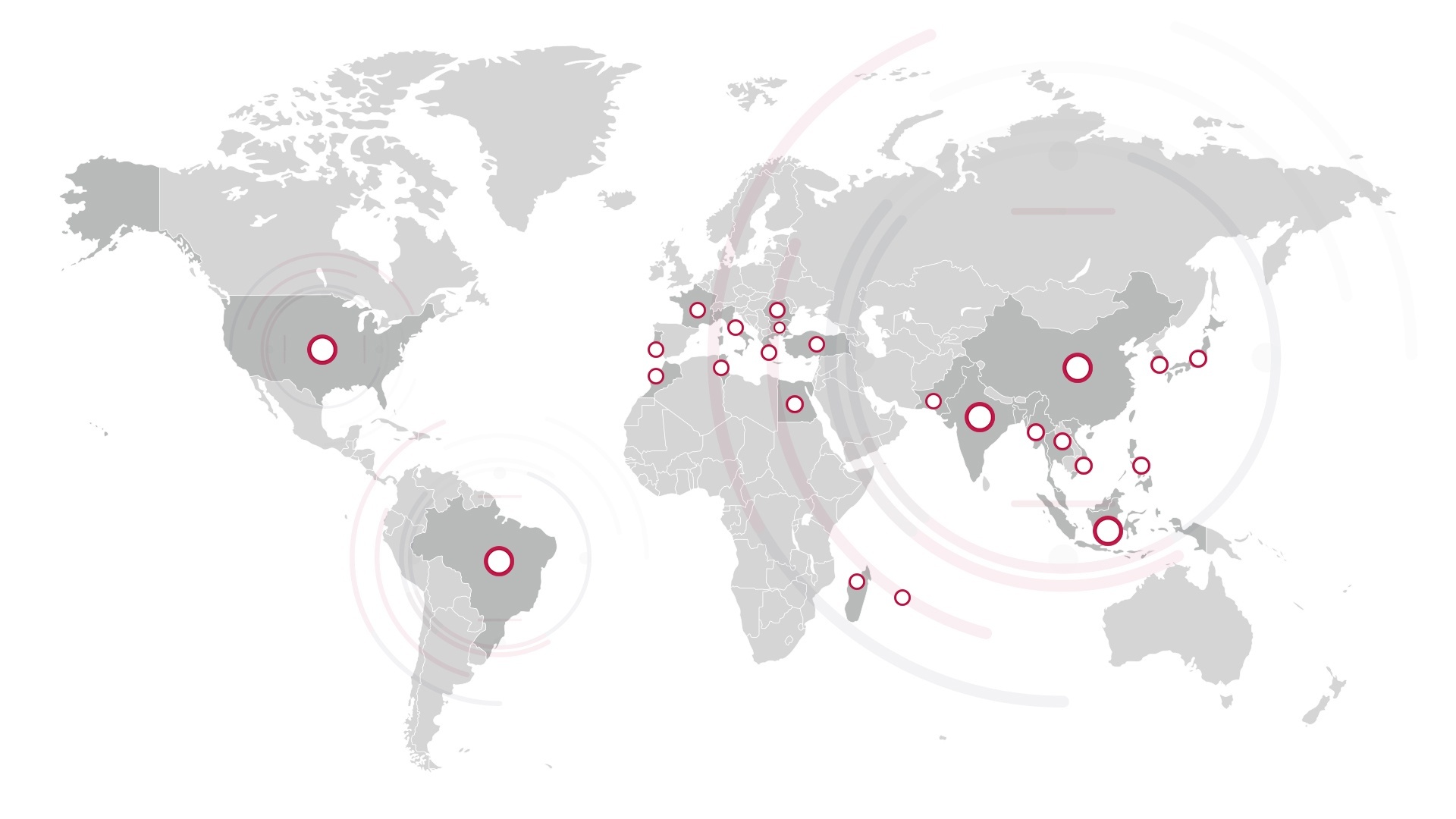It’s in the clothes you wear to express your identity in the day, and it’s in the pillowcase you rest your head on at night. It’s in the towel you wrap yourself in after a hot shower, and it’s in the cloth you use to wash your dishes. Yes, we are talking about cotton! About 60% of the world’s total cotton harvest is used for clothing production in the textile industry and is responsible for millions of people’s livelihoods across the globe. This household item has become such an integral part of our lives that we rarely think to second guess it.
The effects of Conventional Cotton
However, growing conventional cotton has devastating social and environmental effects. Cotton is a highly water-intensive crop that specifically requires 6400-15,500 liters per pound of cotton! Moreover, the production of cotton requires large amounts of pesticides, making it the most chemically dependent crop in the world. It is also bleached and treated with toxic chemicals during production. These toxins have long-lasting health effects on the field workers and the ecosystem. According to the World Wildlife Fund, cotton production causes the destruction of the Aral Sea, the Indus River in Pakistan, the Murray-Darling Based in Australia and the Rio Grande in the US and Mexico.
Socially, conventional cotton has terrible effects on cotton farmers who face numerous long-term threats such as climate change, biotechnology, food security and fast-fashion trends. Additionally, the introduction of genetically modified cotton seeds has added further stress on cotton farmers, specifically in India. India is the second largest cotton producer in the world after China and GM seeds account for 95% of their cotton farming. Shockingly, 270,000 Indian cotton farmers have committed suicide since 1995 as a result of the rising costs of genetically modified seeds, pesticides and fertilizer.
Farmers are placed under immense pressure to support their families and in desperation turn to loan sharks to purchase the ‘special seeds’ but are barely able to cover their output costs, let alone make a profit. Together with unpredictable weather patterns, these farmers are fighting an uphill battle. ‘Bitter Seeds,’ a 2011 documentary film estimates that an Indian farmer commits suicide every 30 minutes, deep in debt and unable to provide for his family.
Fairtrade Cotton to the rescue
A recent study conducted by the Fairtrade Foundation found that the effects of Fairtrade farming are five times lower environmentally and socially than conventional cotton farming. In fact, Fairtrade cotton farming methods were 97% less for social costs and 31% less for environmental costs. But, what exactly is Fairtrade cotton? Fairtrade cotton was launched to raise awareness of the daily struggles cotton farmers face and is about initiating better working conditions, better prices, and fair trade terms for farmers and workers. Fairtrade farming has provided farmers with an Eco-friendly alternative to traditional cotton farming with an array of benefits.
The greatest advantage of Fairtrade farming is the increased income from the Fairtrade premiums for farmers. For example, in 2014, 22 farmers’ organizations which were certified for Fairtrade cotton production and situated in seven countries reported impressive earnings of an estimated 800,000 pounds. Furthermore, other social benefits for farmers include fair wages, investment in local schools, and lower social costs associated with child labor and overtime. Environmentally, the study found that Fairtrade farming has a low environmental footprint, relying on less water for production and produces less soil and water pollution.
In the fashion industry, it is just as important to stay up to date with the latest sustainability trends as industry trends. Brands need to realize that it’s their responsibility to remain resilient, transparent, ethical and accountable for the social and environmental impacts of the multi-billion dollar textile industry. Brands that rely on cotton production are now given the opportunity to support Fairtrade farming and can actively make a difference in the world today.
Do you have any questions regarding the latest Eco-friendly trends or the apparel industry in general? Don’t hesitate to leave a comment below. We’d love to hear from you!





